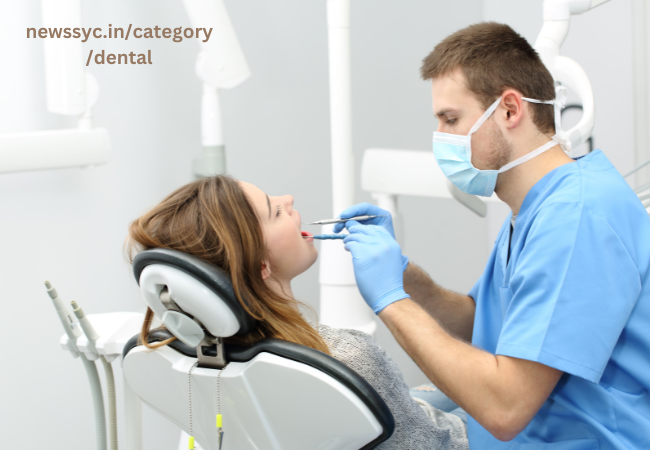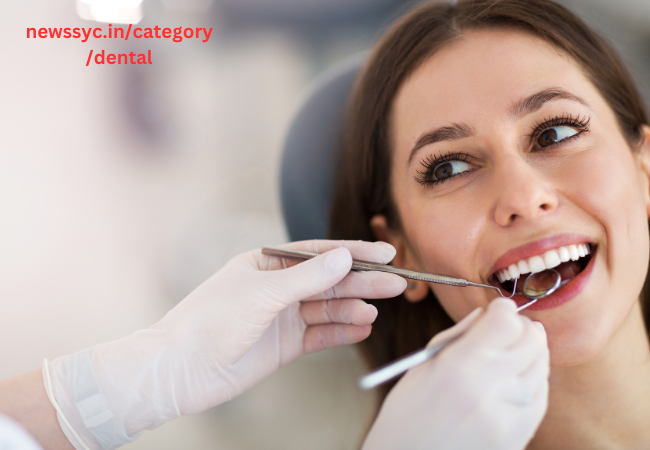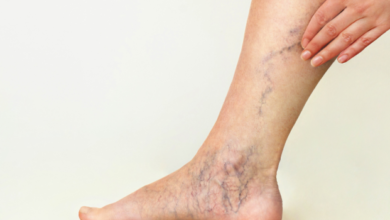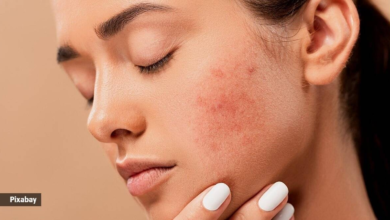Dental health is essential for overall well-being. Good oral hygiene prevents issues such as cavities, gum disease, and bad breath. Moreover, a healthy mouth contributes to overall health by reducing the risk of conditions such as heart disease and diabetes.
Overview of Dental Hygiene
Dental hygiene involves regular practices to keep the mouth, teeth, and gums clean and healthy. This includes brushing twice a day, flossing daily, and regular dental check-ups. Proper dental hygiene is crucial for maintaining a bright smile and preventing dental problems.
Common Dental Issues
Tooth Decay
Newssyc.in/category/dental, also known as cavities, is caused by the buildup of plaque and bacteria on the teeth. It can lead to pain, infection, and even tooth loss if not treated promptly.
Gum Disease
Gum disease, or periodontal disease, is an infection of the tissues that surround and support the teeth. It is a major cause of tooth loss in adults and can be prevented with good oral hygiene and regular dental visits.
Tooth Sensitivity
Tooth sensitivity is a common issue where teeth become painful when exposed to hot, cold, sweet, or acidic foods and drinks. It can result from worn enamel, exposed tooth roots, or other dental problems.
Preventive Dental Care
Regular Brushing Techniques
Brushing twice a day with fluoride toothpaste is crucial. Use a toothbrush with soft bristles and replace it every three to four months. Brush for at least two minutes, covering all surfaces of the teeth.
Importance of Flossing
Flossing removes plaque and food particles from between the teeth and under the gum line where a toothbrush can’t reach. Floss daily to prevent cavities and gum disease.
Use of Mouthwash
Mouthwash can help reduce plaque, fight gum disease, and freshen breath. Choose an antibacterial mouthwash for the best results and use it as directed by your dentist.
Diet and Dental Health
Foods that Promote Healthy Teeth
Eating a balanced diet rich in fruits, vegetables, lean proteins, and dairy products can strengthen teeth and gums. Foods high in calcium and phosphorus, such as cheese and yogurt, are particularly beneficial.
Foods to Avoid
Sugary and acidic foods and drinks can erode tooth enamel and cause cavities. Limit consumption of soda, candy, and citrus fruits to maintain healthy teeth.
Dental Hygiene for Different Age Groups
Children’s Dental Care
Start dental care early by wiping a baby’s gums with a clean cloth. As teeth emerge, use a small toothbrush and a rice-sized amount of fluoride toothpaste. Supervise children’s brushing until they are able to do it effectively on their own.
Adult Dental Care
Adults should continue with regular brushing, flossing, and dental visits. It’s important to address any dental issues promptly to avoid complications.
Elderly Dental Care
Seniors may face challenges such as dry mouth and gum disease. Regular dental check-ups, good oral hygiene, and staying hydrated are key to maintaining dental health in older age.
Dental Treatments and Procedures
Fillings and Crowns
Fillings are used to repair cavities, while crowns cover damaged teeth to restore their shape and function. Both are common procedures that protect teeth from further damage.
Root Canals
A root canal treats infection inside the tooth. The procedure involves removing the infected tissue, cleaning the root canal, and sealing it to prevent further infection.
Tooth Extractions
Tooth extraction may be necessary for severely damaged or decayed teeth. It is also performed for orthodontic reasons or to remove impacted wisdom teeth.
Orthodontics
Orthodontic treatments, such as braces or aligners, straighten crooked teeth and correct bite issues. They improve both dental function and appearance.
Cosmetic Dentistry
Teeth Whitening
Teeth whitening treatments remove stains and discoloration, brightening the smile. Options include in-office treatments and at-home kits.
Veneers
Veneers are thin shells placed over the front of teeth to improve appearance. They can fix issues such as chipped, stained, or slightly crooked teeth.
Dental Implants
Dental implants are a permanent solution for missing teeth. They involve placing a titanium post in the jawbone, which acts as a root for a replacement tooth.
Dental Technology Advances
Laser Dentistry
Laser dentistry offers precise and less invasive treatments for various dental issues, such as gum disease and tooth decay. It reduces pain and recovery time.
Digital X-rays
Digital X-rays provide detailed images with less radiation exposure compared to traditional X-rays. They help dentists diagnose and treat dental problems more effectively.
3D Printing in Dentistry
3D printing technology is used to create custom dental appliances, such as crowns, bridges, and aligners, with high accuracy and efficiency.

The Role of Dentists and Dental Hygienists
Responsibilities of a Dentist
Dentists diagnose and treat dental issues, perform procedures, and provide preventive care. They also educate patients on maintaining good oral health.
Role of a Dental Hygienist
Dental hygienists clean teeth, examine patients for oral diseases, and provide other preventive dental care. They also educate patients on how to maintain oral hygiene at home.
Emergency Dental Care
Handling Dental Emergencies
Dental emergencies, such as a knocked-out tooth or severe toothache, require immediate attention. Knowing how to handle these situations can save a tooth or alleviate pain.
First Aid for Tooth Injuries
For a knocked-out tooth, keep it moist and try to place it back in the socket if possible. For severe toothaches, rinse the mouth with warm water and see a dentist as soon as possible.
Dental Health Myths and Facts
Common Myths Debunked
There are many myths about dental health, such as “sugar-free drinks are safe for teeth” or “if gums bleed, don’t brush them.” Understanding the facts can help maintain better oral health.
Facts About Dental Care
Facts such as the importance of fluoride, the effectiveness of regular brushing and flossing, and the need for routine dental visits are essential for maintaining dental health.
Oral Health and Systemic Health
Connection Between Oral Health and Overall Health
Poor oral health can affect overall health, leading to issues such as heart disease, diabetes, and respiratory infections. Maintaining good oral hygiene is crucial for overall well-being.
Diseases Linked to Poor Oral Health
Conditions such as endocarditis, cardiovascular disease, and complications in diabetes are linked to poor oral health. Regular dental care helps mitigate these risks.




